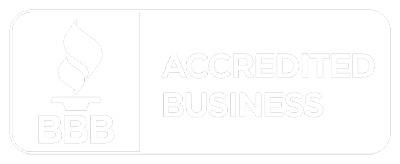 As outlined by the American Heart Association, CHF primarily means that the heart is too weak to pump enough blood throughout the body. While this may happen because of a heart defect or heart attack, it can also occur if the heart muscle becomes weaker over time as a result of weight gain, continued inactivity and other reasons.
As outlined by the American Heart Association, CHF primarily means that the heart is too weak to pump enough blood throughout the body. While this may happen because of a heart defect or heart attack, it can also occur if the heart muscle becomes weaker over time as a result of weight gain, continued inactivity and other reasons.
When the heart cannot pump blood through the body well, the kidneys do not get enough blood as a result, which means that less fluid exits the body through urine. This extra fluid can then collect in the lungs, around the eyes, in the liver and the legs. The collection of extra fluid is congestion, hence the term ‘congestive heart failure’.
Indicators
Patients with congestive heart failure generally get weary very easily and may seem short of breath a lot. Additionally, individuals may always seem to gain weight due the fluid collection throughout the body.
Other problems include frequent urination, coughing, loss of appetite, sudden weight gain, especially in the ankles and feet, and a rapid heartbeat. Since these problems may be similar to other health problems, a medical professional should make a proper diagnosis if congestive heart failure is assumed.
Treatment
More often than not, a doctor will order a diuretic, which boosts the frequency of urination to help remove the excess fluid from the body. Additionally, medication that helps relax the blood vessels can help the heart pump more efficiency and another medication can help the heart use more force in pumping. Ask your physician for strategies for the proper medications for you or a loved one who has congestive heart failure.
Home care Assistance
Many times, elderly patients with congestive heart failure may benefit from home care services since they are often weak, tired and out of breath. There is also regular diet, blood pressure, weight and pulse monitoring that should take place on a daily basis.
A private duty home care service can help the patient with basic tasks around the house and monitor their symptoms. They can also assist with medication reminders.
Furthermore, a home care companion can help improve the client’s way of life by encouraging plenty of rest and staying off their feet for regular amounts of time every day.
However, since the senior should also participate in a low-impact exercise program, a home care worker can help get the patient out of the home every day for a nice walk or follow other activity ideas made by their medical doctor.
One more advantage of hiring a home care worker for a patient with congestive heart failure is that the home care provider can monitor the senior’s diet, decreasing salt content and encouraging a healthy diet with plenty of fruit, vegetables and protein. Foods high in magnesium and potassium may be beneficial for heart patients.
Frequently, a physician will highly recommend restricted fluids for a congestive heart failure patient and this is something that the home care worker can monitor, as well as encouraging the right type and amount of liquids to drink.
Documenting the patient’s weight daily can help track how the patient’s fluid retention is progressing, as well as regular blood pressure monitoring on a daily basis.
Additionally, a home care worker can remind the senior to take medications as prescribed. Any symptoms or worsening of the condition, or other infections, illnesses or problems that may worsen CHF can be monitored and reported promptly to the health practitioner as needed.
Get Help
If you or a loved one have been diagnosed with congestive heart failure, consider hiring home care services. There are many benefits for congestive heart failure patients, including proper daily care, reminders about medication and vitamins, following of the proper diet and recommendations for exercise and rest. While many patients can do a good job of taking care of themselves, a home careprovider can help improve the patient’s quality of life and may even help extend it!












